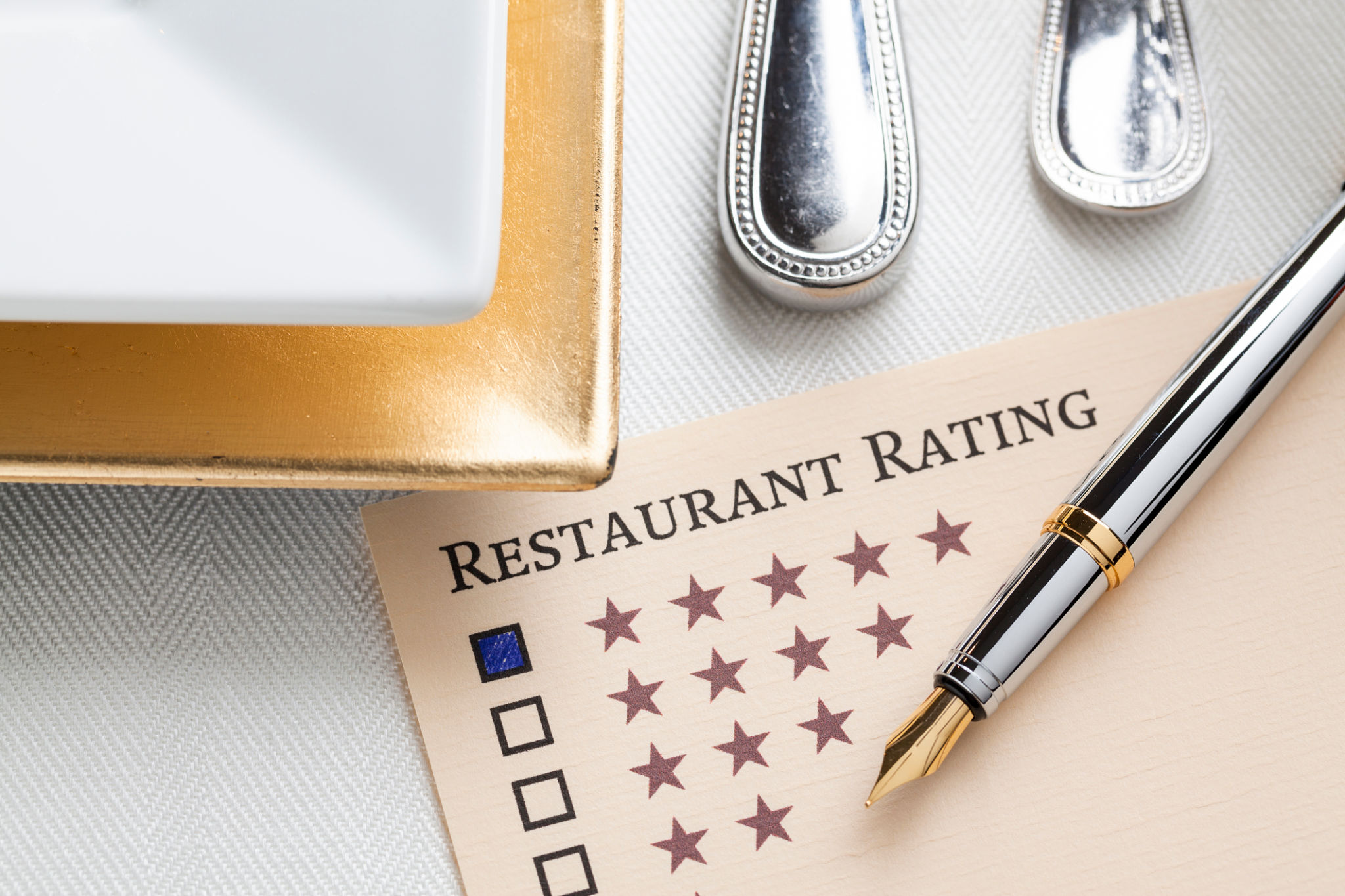What Makes a Good Food Critic? Insights from Gnoshly's Experts
Understanding the Role of a Food Critic
Food critics hold a significant role in the culinary world, shaping public opinion and offering insights into dining experiences. But what truly makes a good food critic? According to the experts at Gnoshly, a successful food critic possesses a unique blend of skills and characteristics that go beyond simply enjoying meals.
Being a food critic is not just about tasting food; it's about articulating the experience to readers. Critics must have a discerning palate, the ability to communicate effectively, and a deep understanding of culinary techniques and culture.

Developing a Discerning Palate
A good food critic must develop a refined palate to distinguish between various flavors, textures, and aromas. This involves extensive tasting and training, often under the guidance of seasoned professionals. Critics should be able to identify subtle differences in dishes and appreciate the intricacies of different cuisines.
Regular exposure to diverse culinary experiences enhances a critic's ability to provide informed and nuanced reviews. This skill is crucial for assessing whether a dish meets, exceeds, or falls short of expectations.
The Art of Effective Communication
While having a knowledgeable palate is essential, the ability to communicate these insights to an audience is equally important. A food critic must convey their experiences vividly and engagingly, allowing readers to visualize the dining experience through words.

Strong writing skills, attention to detail, and an understanding of the audience are critical components for effective communication. A good food critic can paint a picture with their words, making readers feel as if they are tasting the food themselves.
Cultural and Culinary Knowledge
Culinary knowledge is an integral part of a food critic's toolkit. This includes an understanding of cooking techniques, ingredient sourcing, and the cultural significance of various dishes. A well-rounded critic appreciates the broader context of cuisine—how it reflects history, tradition, and innovation.
Critics should stay informed about industry trends, emerging chefs, and new dining concepts. This knowledge allows them to provide comprehensive reviews that are relevant and insightful.

Maintaining Objectivity and Integrity
Objectivity is another crucial attribute for food critics. While personal tastes can influence opinions, critics must strive for fairness and impartiality in their reviews. Maintaining integrity ensures credibility with both readers and the culinary establishments they review.
- Providing constructive feedback
- Avoiding biases
- Ensuring transparency in critique processes
These practices help build trust with audiences and contribute to the critic's reputation as a reliable source of information.
The Impact of Digital Media
The rise of digital media has transformed the landscape for food critics. Online platforms and social media allow critics to reach wider audiences faster than ever before. This accessibility comes with the responsibility to engage with readers in meaningful ways.
Gnoshly's experts emphasize the importance of adapting to digital trends while maintaining traditional standards of critique. Engaging with followers through interactive content and multimedia can enhance the critic's presence in today's fast-paced digital world.

Conclusion: The Craft of Criticism
In conclusion, being a good food critic involves more than just enjoying good meals; it requires a blend of skills that include developing a discerning palate, mastering communication, possessing cultural awareness, maintaining integrity, and adapting to digital spaces.
The experts at Gnoshly highlight that these elements collectively ensure that food critics can offer authentic, insightful, and engaging reviews that resonate with audiences and contribute to the vibrant world of culinary arts.